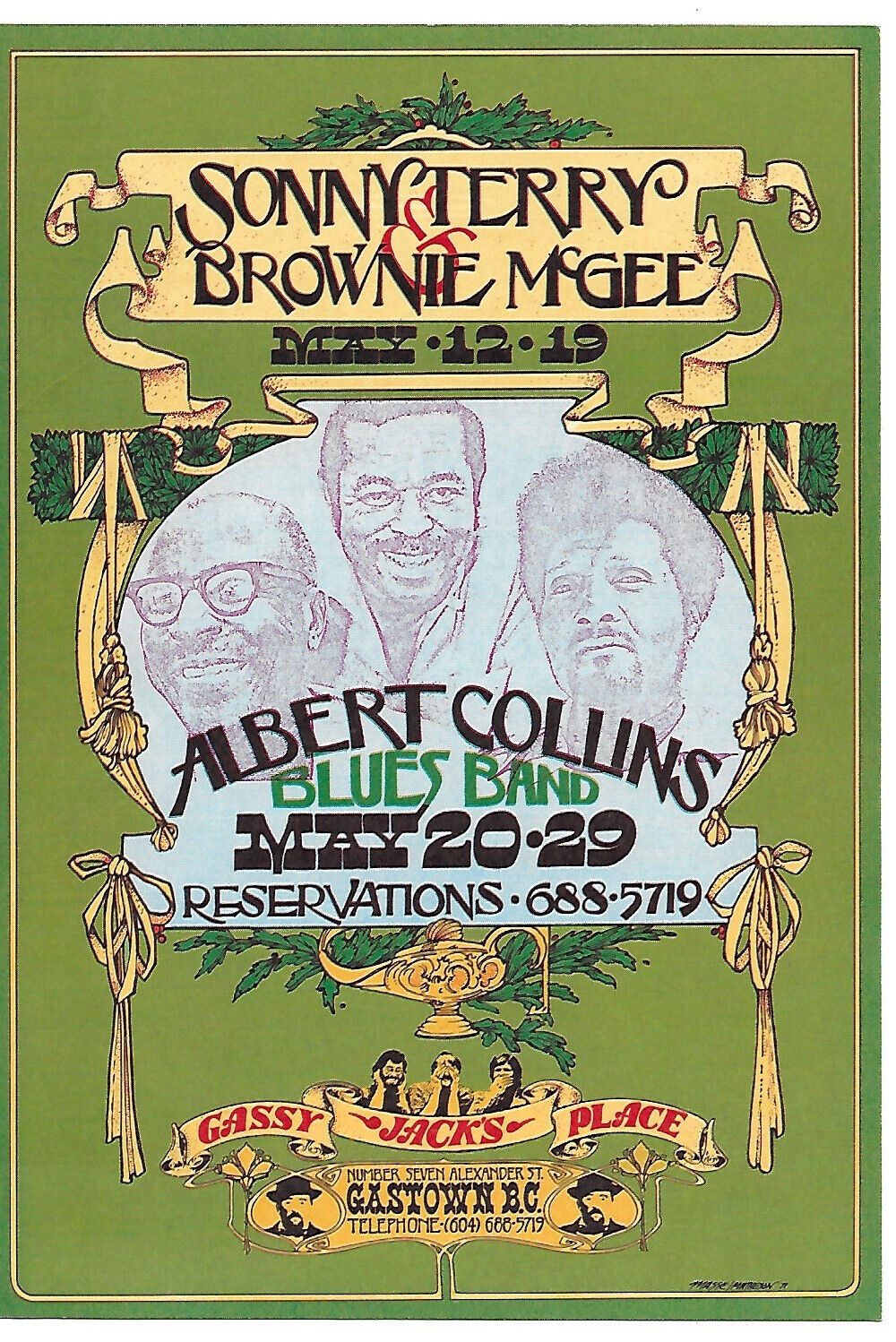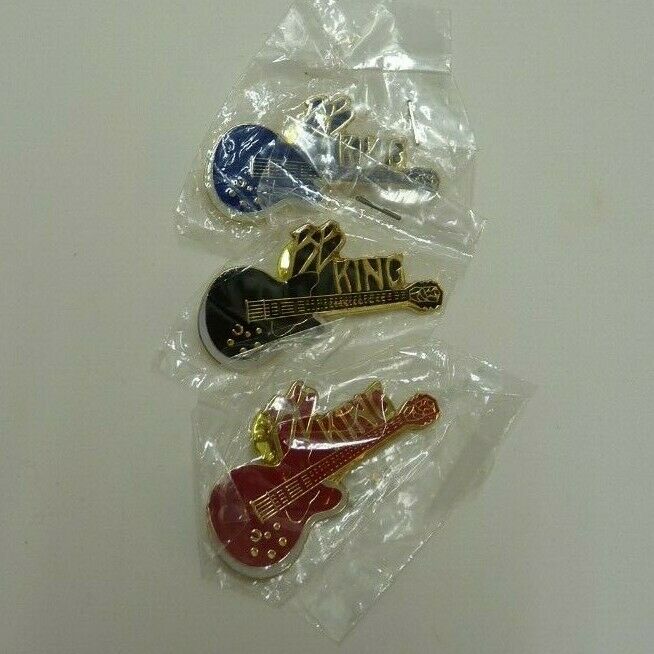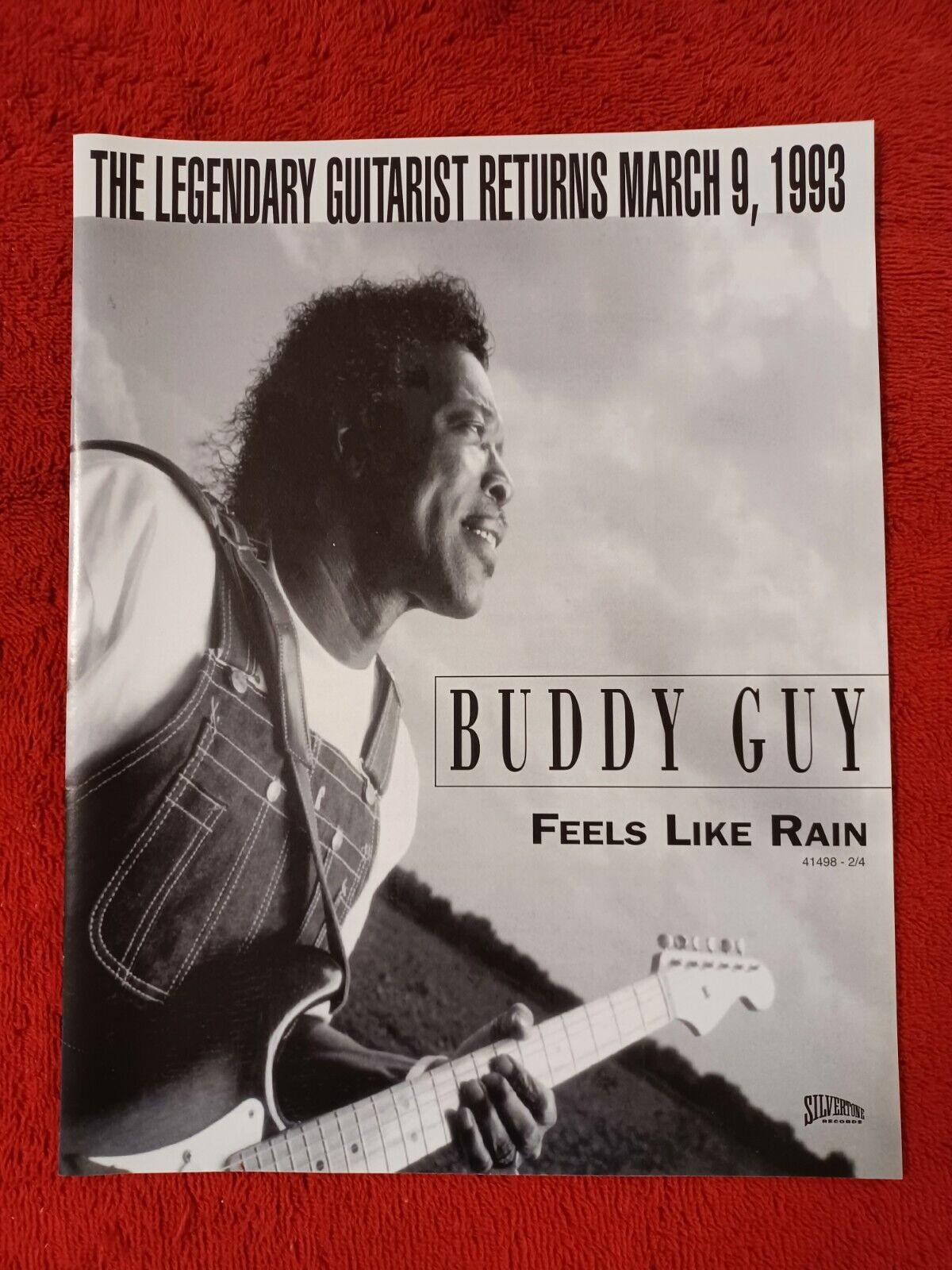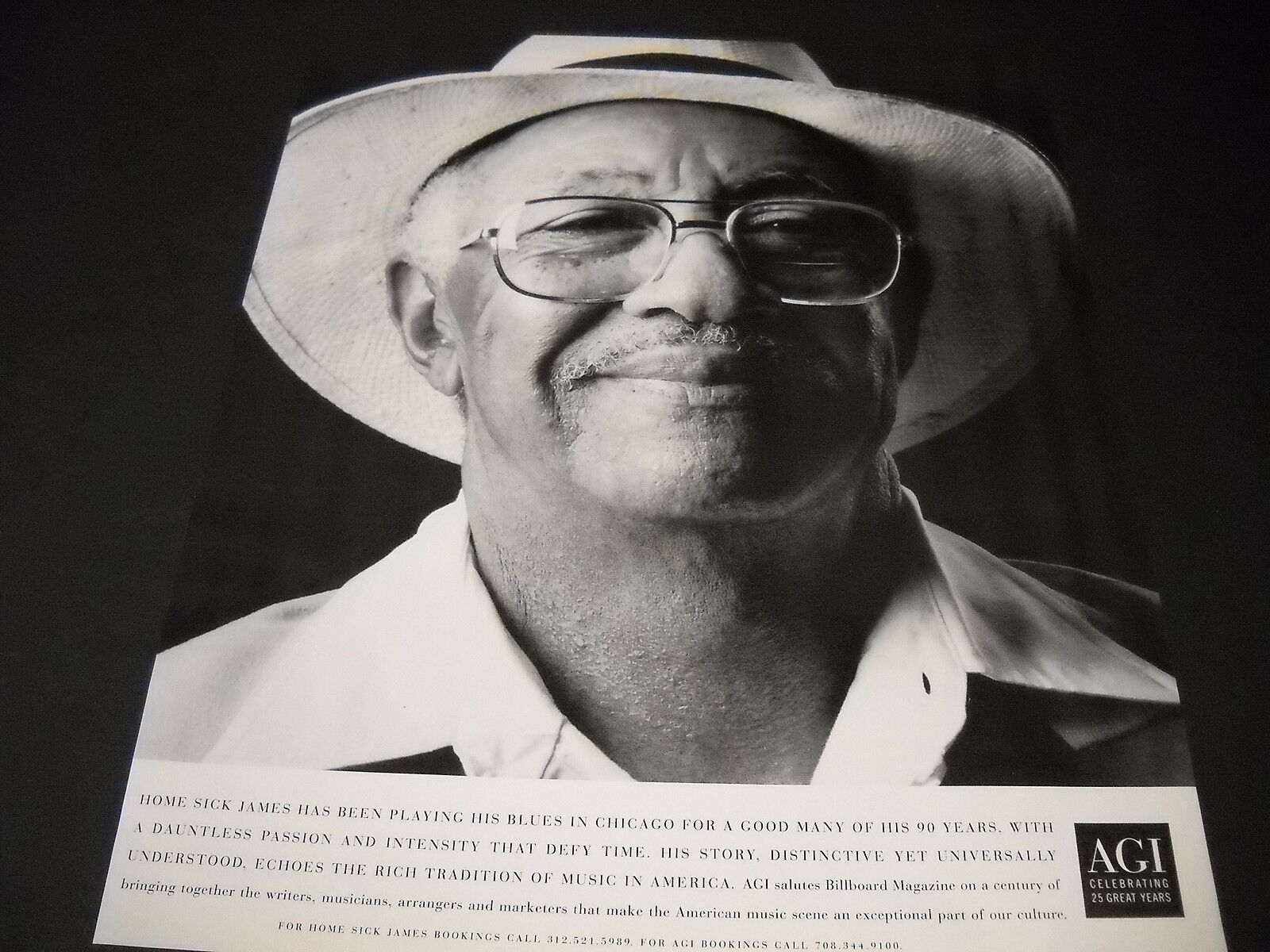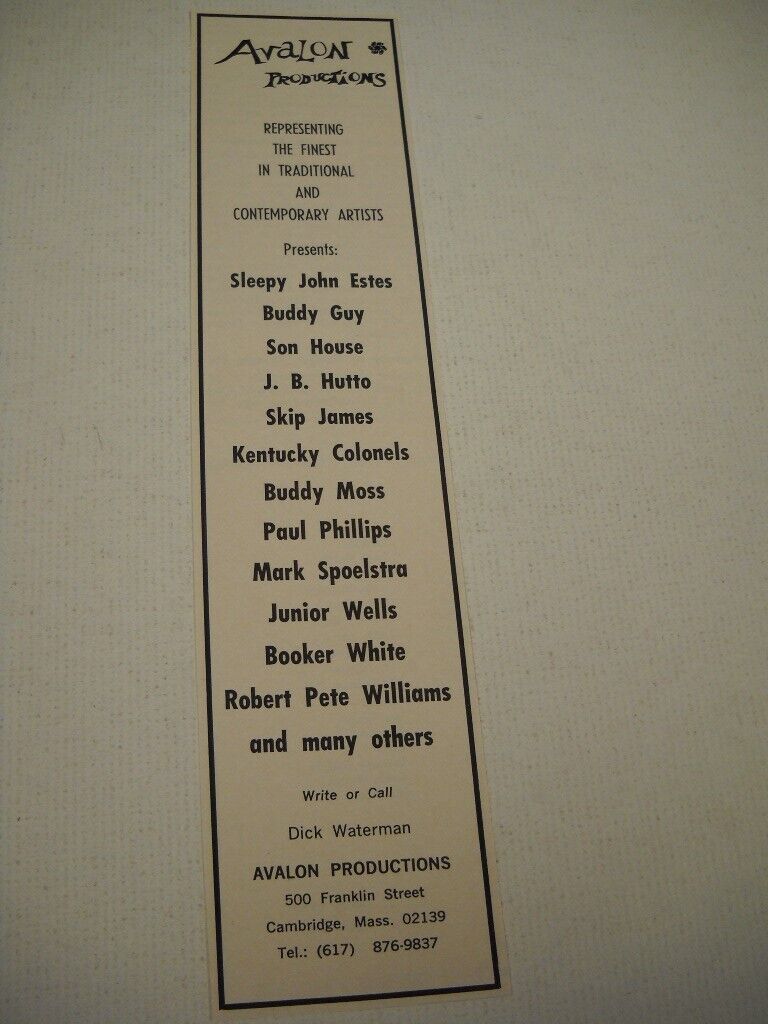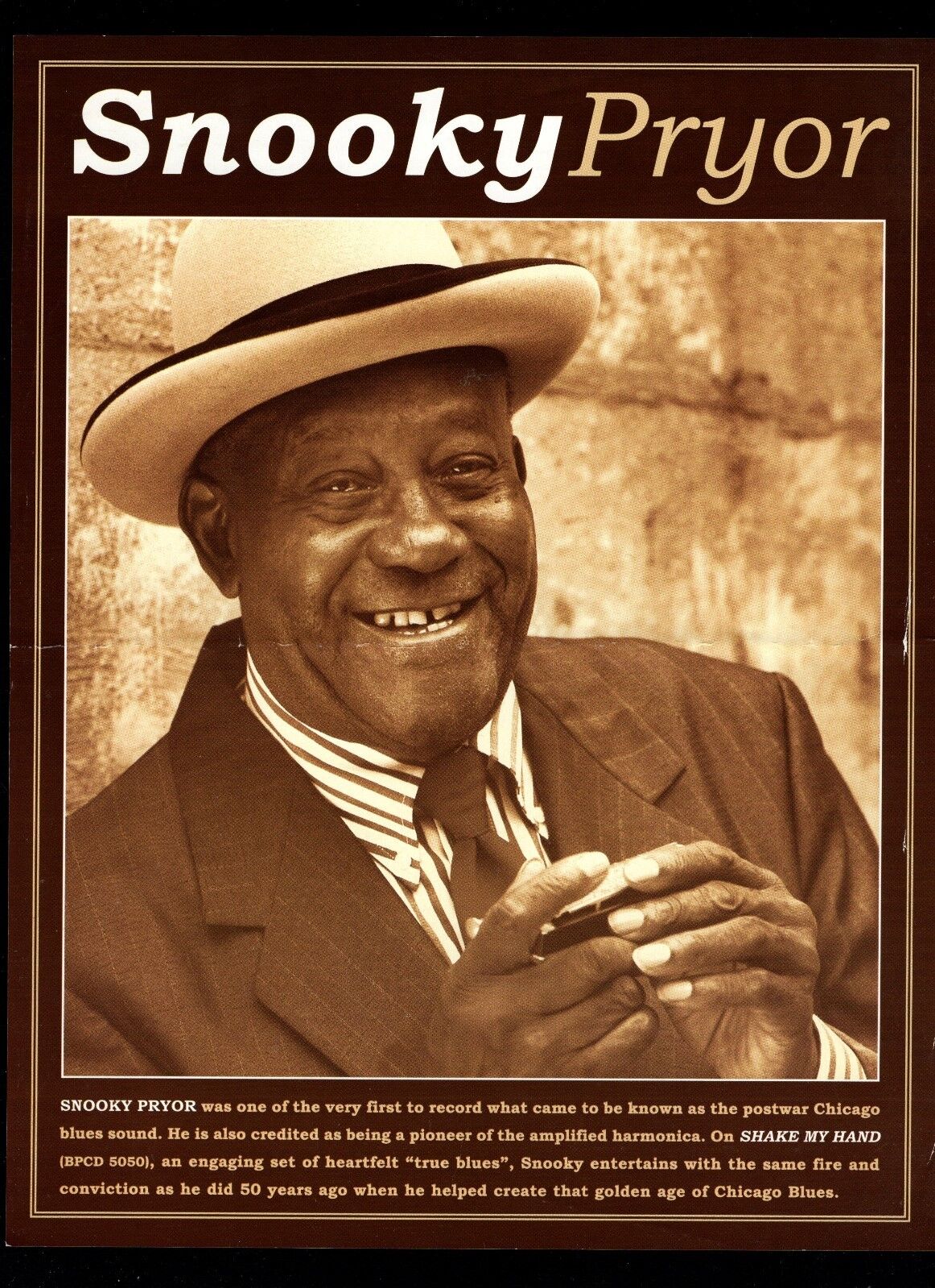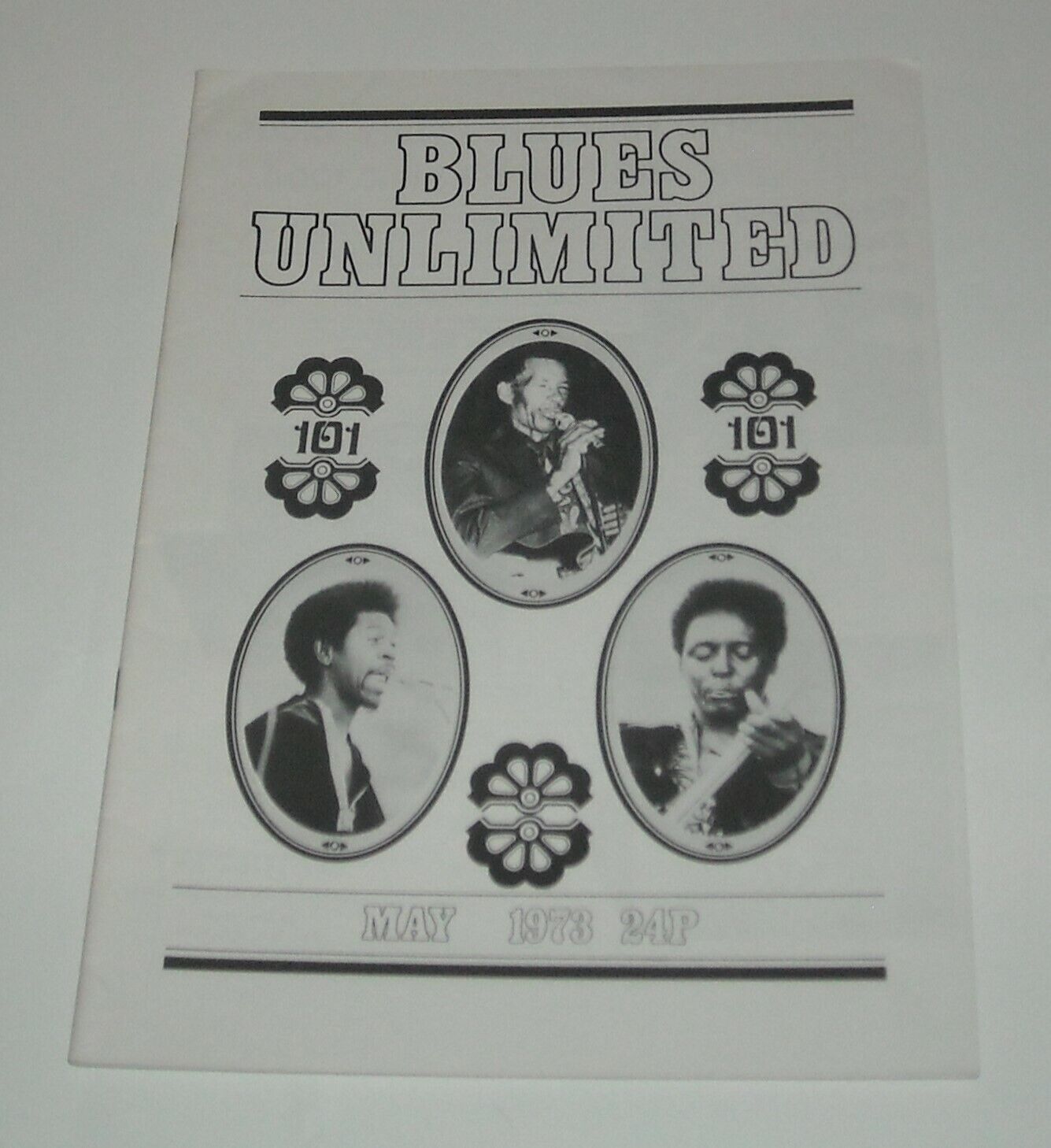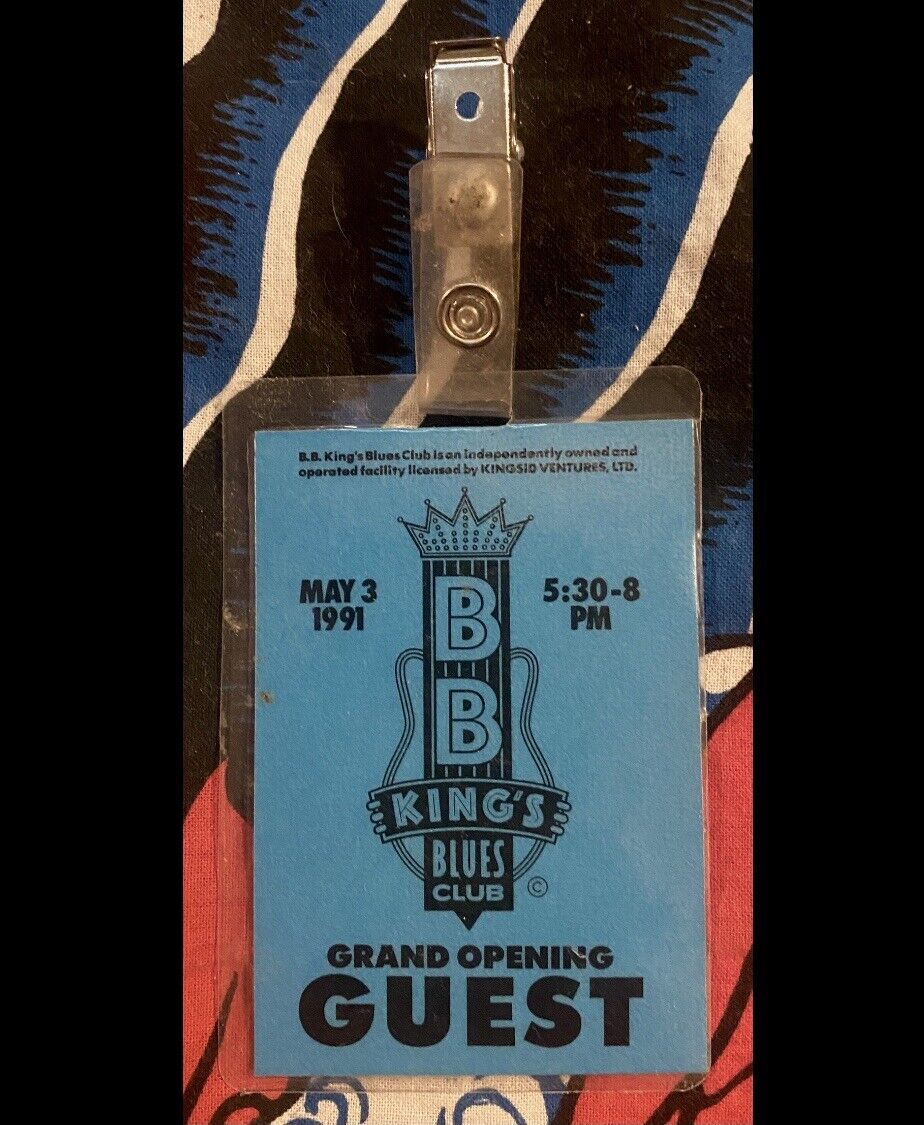-40%
Sonny Terry, Brownie McGhee and Albert Collins Blue Band Postard at Gassy Jacks
$ 26.4
- Description
- Size Guide
Description
Things to note:-Gassy Jacks Place was situated in "Gastown" which is properly know as Granville. Its namesake comes from bar owner John Deighton, nicknamed "Gassy Jack" for his story telling and talkative nature. The venue hosted many popular bands during the 1970's.
-Designed by art duo Bob Masse (illustration) and Pete Matheson (lettering). They influenced the Vancouver music scene with aspects from psychedelic posters yet incorporating commercial sensibilities.They met in high school and they would continue to work together till 1971.
-Brownie McGhee was an American folk singer who collaborated with harmonica player Sonny Terry. They were popular during the 1960's on the music festival circuits due to a resurgence of blues music. Both artists were awarded the National Heritage Fellowship in 1982 by the NEA.
-Albert Collins also known as the "Master of the Telecaster" was an American electric blues guitarist. The band Canned Heat was instrumental in obtaining a record deal for Collins which eventually led to gigs at the Fillmore and Whisky a Go Go. Collins was awarded the W.C. Handy Award for best contemporary blues album in 1983 for "Don't Lose Your Cool."
Sonny Terry and Brownie Mcgee on May 12-19 and Albert Collins Blues Band on May 20-29 at Gassy Jacks Place in Gastown, British Colombia. Postcard dimensions: 7 1/8" x 4 15/16"
Payment due within 3 days of auction close or item will be relisted. Please check out my other auctions for more rock-n-roll memorabilia.
I am an owner and collector of rock and roll paper memorabilia as well as the author of the acknowledged resource
The Rock Poster Price Guide
. My youth was spent in LA attending concerts and I spent some time in Haight-Ashbury in the late 60s.
